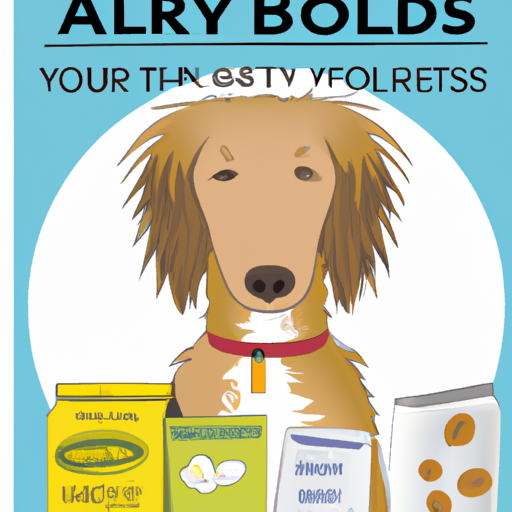As a dedicated caregiver, your dog’s health is your utmost concern. If your furry friend is dealing with allergies, you’re probably wondering how you can help. Let’s dive into the world of canine nutrition together.
Understanding Your Dog’s Allergies
Before we jump into the specifics of dog food, it’s crucial for you to understand your dog’s allergies. Allergies in dogs can be caused by various factors, ranging from certain types of proteins in their food to environmental factors like pollen or dust mites.
Here are a few common symptoms to look out for:
- Itchy, red, moist, or scabbed skin
- Increased scratching
- Itchy, runny eyes
- Itchy back or base of tail
- Diarrhea
If your dog is exhibiting any of these symptoms, it’s best to consult a veterinarian before making any dietary changes.
Identifying Allergenic Ingredients
In many cases, food allergies in dogs are triggered by specific proteins, often those found in:
- Beef
- Dairy
- Wheat
- Egg
- Chicken
- Lamb
- Soy
Keep in mind, though, that every dog is unique and what causes an allergic reaction in one dog might not in another.
Choosing the Right Dog Food
When it comes to selecting the best dog food for dogs with allergies, you should consider hypoallergenic options. These are specially formulated to minimize the risk of triggering an allergic response.
| Brand | Main Ingredients | Allergenic Ingredients |
|---|---|---|
| Blue Buffalo Basics Limited Ingredient Diet | Turkey, Potato | None |
| Hill’s Science Diet Sensitive Stomach & Skin | Chicken, Brewers Rice | None |
| Purina Pro Plan Veterinary Diets HA Hydrolyzed | Starch, Hydrolyzed Soy Protein Isolate | None |
Remember to gradually introduce the new food to your dog’s diet over a week or so, and observe any changes in their condition.
Home-Cooked Diets
If commercial options don’t work, a home-cooked diet might be the solution. Consult with a pet nutritionist or a vet to ensure your homemade meals are balanced and nutritious.
Here are some general tips:
- Use novel proteins your dog hasn’t eaten before, like venison or rabbit.
- Include easily digestible carbohydrates like sweet potatoes.
- Avoid using ingredients that your dog is allergic to.
Regular Check-ups
Regular vet check-ups are essential to monitor your dog’s condition and to make necessary adjustments to their diet. Allergies can change over time, and what works now might not work in the future.
FAQs
Q: Can dogs be allergic to grain-free food?
A: Yes, dogs can be allergic to any type of food, regardless of whether it’s grain-free or not.
Q: Can a dog develop allergies later in life?
A: Yes, dogs can develop allergies at any age.
Q: Can food allergies in dogs be cured?
A: While there’s no cure for food allergies in dogs, they can be managed with the right diet and care.
Remember, you’re not alone in this journey. By staying informed and proactive, you can help your furry friend live a healthy, happy life despite their allergies.



